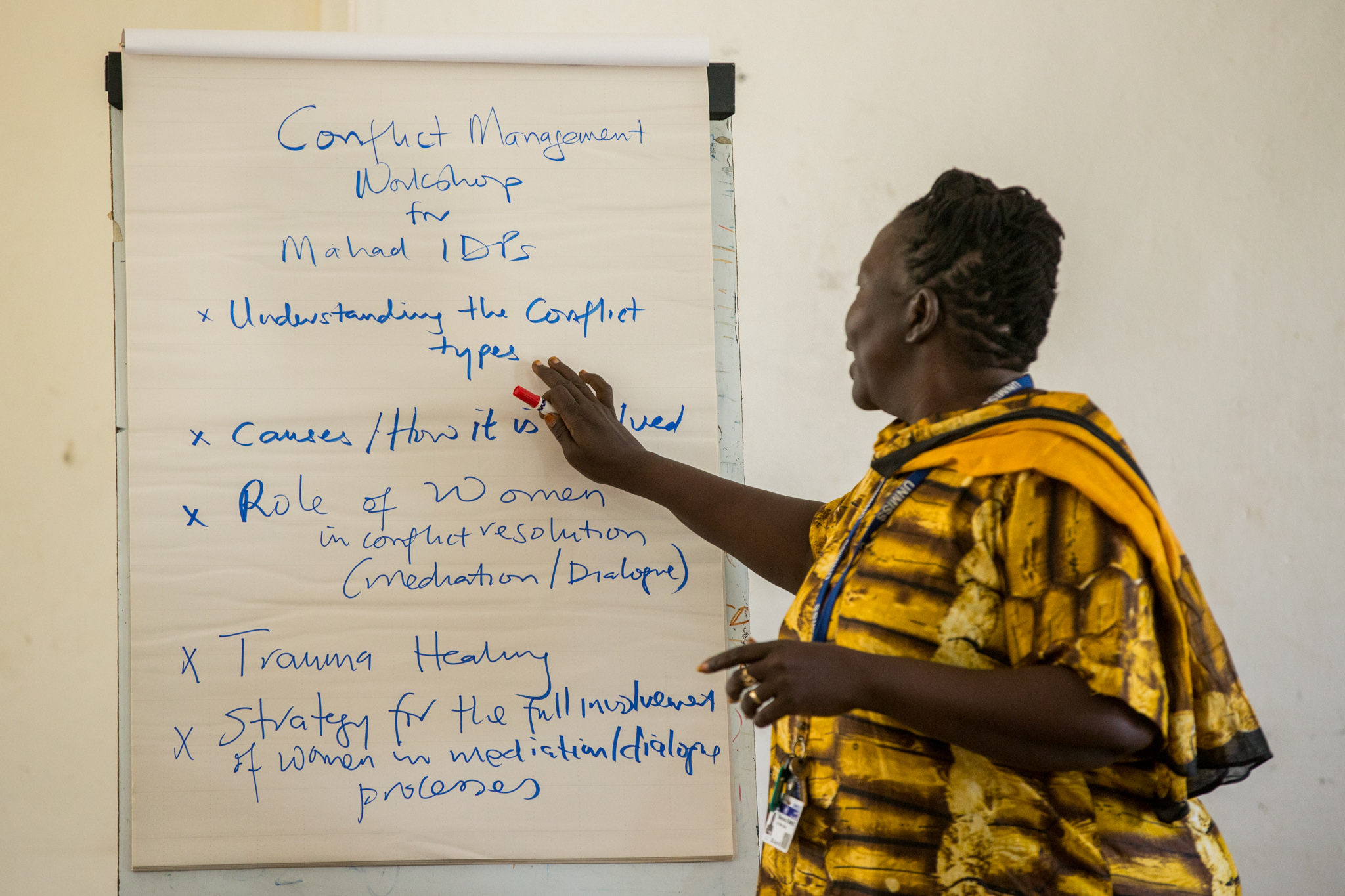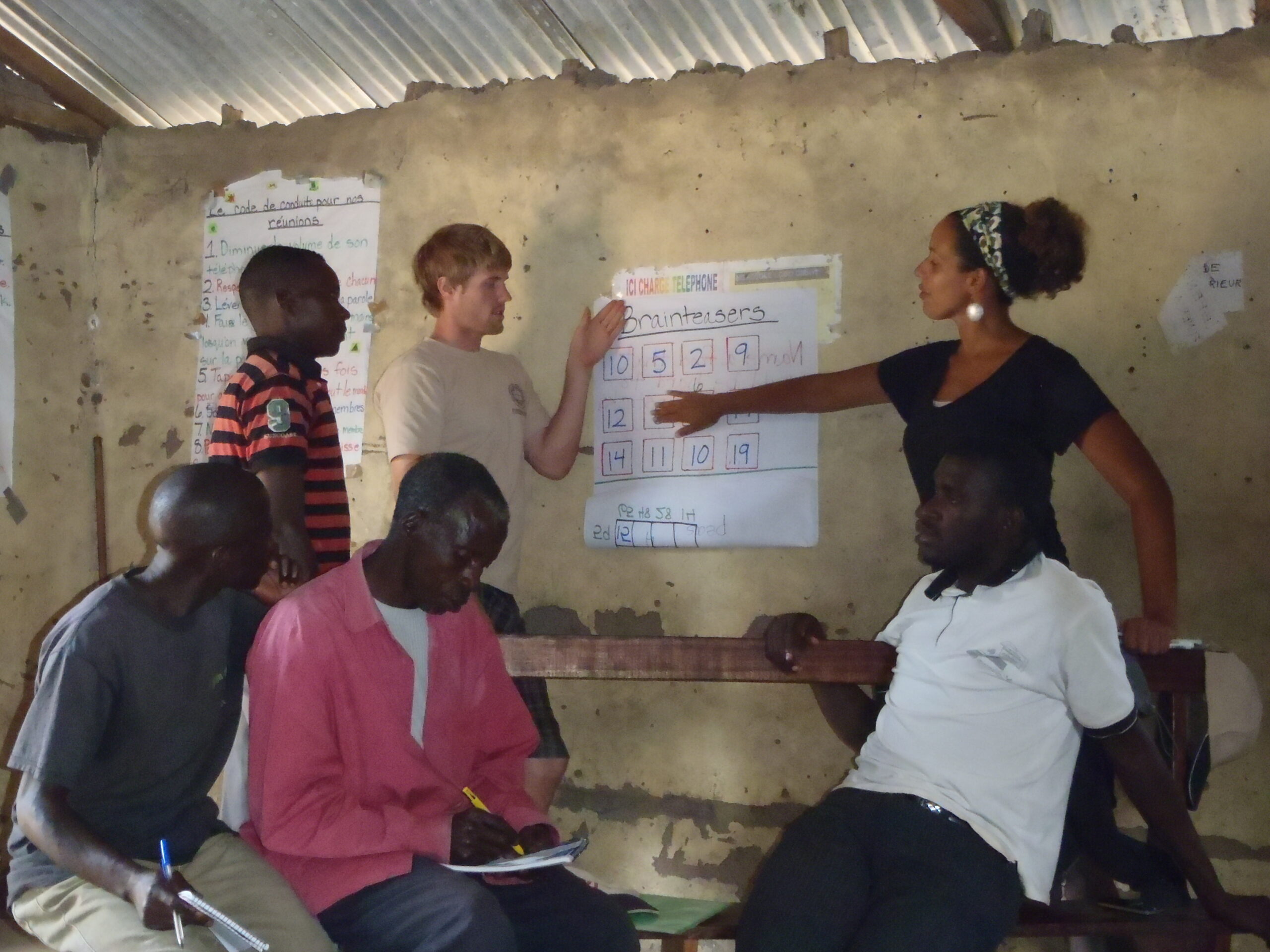
‘Pedagogies of Resistance’ and Critical Peace Education
Photo credit: UNMISS via flickr The field of Peace Education emerged after World War I and II when educators began to teach topics of peace with the hope of avoiding future war. Since then, peace education has branched off into various areas of focus with their own methods of teaching. … Read more

Everyday Peace, Peace Pedagogy and the Big Social Picture
Photo credit: Teachers without Borders In this article, the authors discuss the concept of ‘everyday peace’ as a peace education framework. Co-created with the study participants, everyday peace is based on values and on the individual and structural levels. The research connects peace education to everyday violence in people’s lives. … Read more

Interrupting Generational Cycles of Violence Through Historical Memory
Photo credit: 8 Kome In this article, the author provides a concept of interrupting cycles of violence spreading across generations by connecting collective/historical memory to peace education. She specifically suggests incorporating “oral histories” and “futures visioning” into classrooms and the communities beyond to make peace education more socially relevant. This … Read more

Quality as Critique: Promoting Critical Reflection During Encounter Programs
Photo credit: https://www.reutsadaka.org/ Peace education, in theory and practice, adapts to the context in which it is practiced. In conflict areas, peace education often aims to foster tolerance and understanding of the many perspectives and narratives that are in play. These programs that bring together people from conflicting groups are … Read more

‘Purveyance of Hope’: Climate change, Militarism, and Peace Education
Photo credit: Stephen Melkisethian Over the last 20 years, public education systems have suffered budget cuts, regimented curriculum, high-stakes standardized testing and cuts to teaching and administrative staff. Standardized testing and evaluation, often known as “teaching to the test” have substituted the critical thinking and holistic practices of education that … Read more

Minority Groups, Political Exclusion and Terrorism
When people are excluded from government power or representation, they are more likely to resort to acts of terror to address or avenge their grievances.
Defeating ISIS with Nonviolent Resistance
Photo credit: Ben Schumin This analysis summarizes and reflects on the following research: Stephan, M. J. (2015). Civil Resistance vs. ISIS. Journal of Resistance Studies, 1(2), 127-150. Retrieved from http://resistance-journal.org/ Summary The Islamic State of Iraq and Al-Sham (ISIS) is a radical religious group possessing the tendencies of both a violent insurgency and … Read more
R2P: The Responsibility to Prevent
Once violent conflict is underway, political barriers and high social and economic costs limit constructive options of violence prevention.

Aggressive Governance, Not Religion Influences the Choice Between Violence and Nonviolence
Individuals are more likely to choose nonviolent methods in response to the unacceptable consequences of violence done by their government.

Using Cell Phones to Prevent Violence
Technology-based programs, as simple as text message reporting, have been proven to aid in conflict monitoring and prevention.
Ethnic Minorities and Terrorism
The likelihood of terrorism increases when a country’s ethnic communities have close family ties in other countries (diaspora communities).
